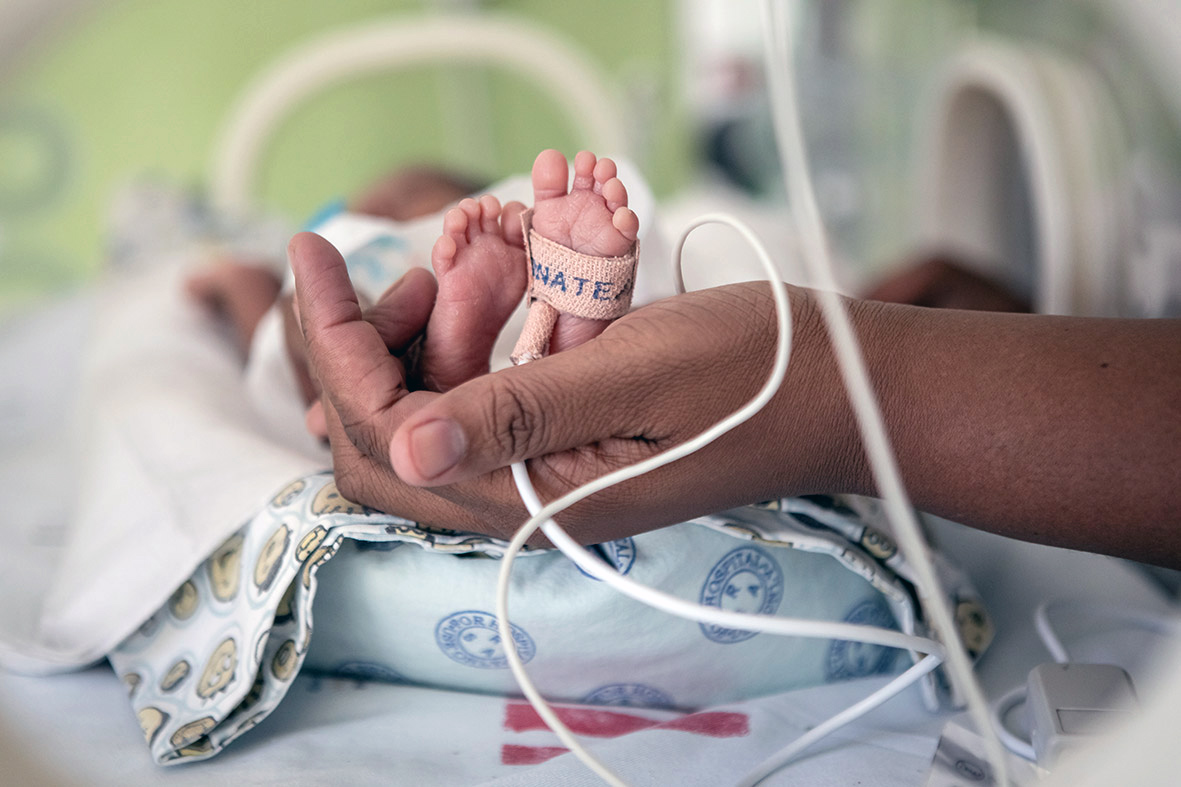
#PowerOfAntibiotics
Sign up


When diagnosed and treated early—even before the results of the blood test are available—sepsis can be stopped. But lack of access to antibiotics early on, or lack of access to the right antibiotics, allows the infection to spread and become increasingly resistant to treatments.
Nearly 140,000 newborns die each year because of antibiotic resistance.





This surgeon is preparing to do a hip replacement on a man in his 60s.
EVEN THOUGH THE SURGEON FOLLOWS STRICT HYGIENE STANDARDS, THE MAN WILL GET A DIFFICULT-TO-TREAT INFECTION.


This teenager has a strong immune system and rarely needs antibiotics.
But with growing resistance to treatments, will antibiotics still work when he needs them?
people die every year from drug-resistant infections. Without urgent action, this number is projected to increase exponentially. By investing in research and development for new treatments, for everyone who needs them, we can save lives.
dollars are lost annually due to hospital-acquired infections in the US and Europe. Drug resistance is making these infections harder to treat. In turn, surgical procedures and cancer treatment carry greater risk. New antibiotics are needed to protect our healthcare systems.
––Reason 1
Millions of people worldwide contract infections from harmful bacteria and are increasingly dying due to the lack of effective antibiotics. Your donation will support the research and development of urgently needed antibiotics, and access to these treatments for all who need them.
––Reason 2
Health is a powerful driver of productivity, social stability and economic growth. Everyone’s health is dependent on effective antibiotics. Investing in the research and development of new treatments is good value for money that helps build a more prosperous future.
––Reason 3
Drug-resistant bacterial infections can infect anyone, of any age, in any country. But it is our most vulnerable who are hit first and hardest. You can support the research and development of antibiotics to protect those most at risk: newborns, people with weakened immune systems, those in hospitals requiring medical procedures, and the elderly.
Will antibiotics still work when you need them?
Thank you for joining our efforts! Explore GARDP.org now.